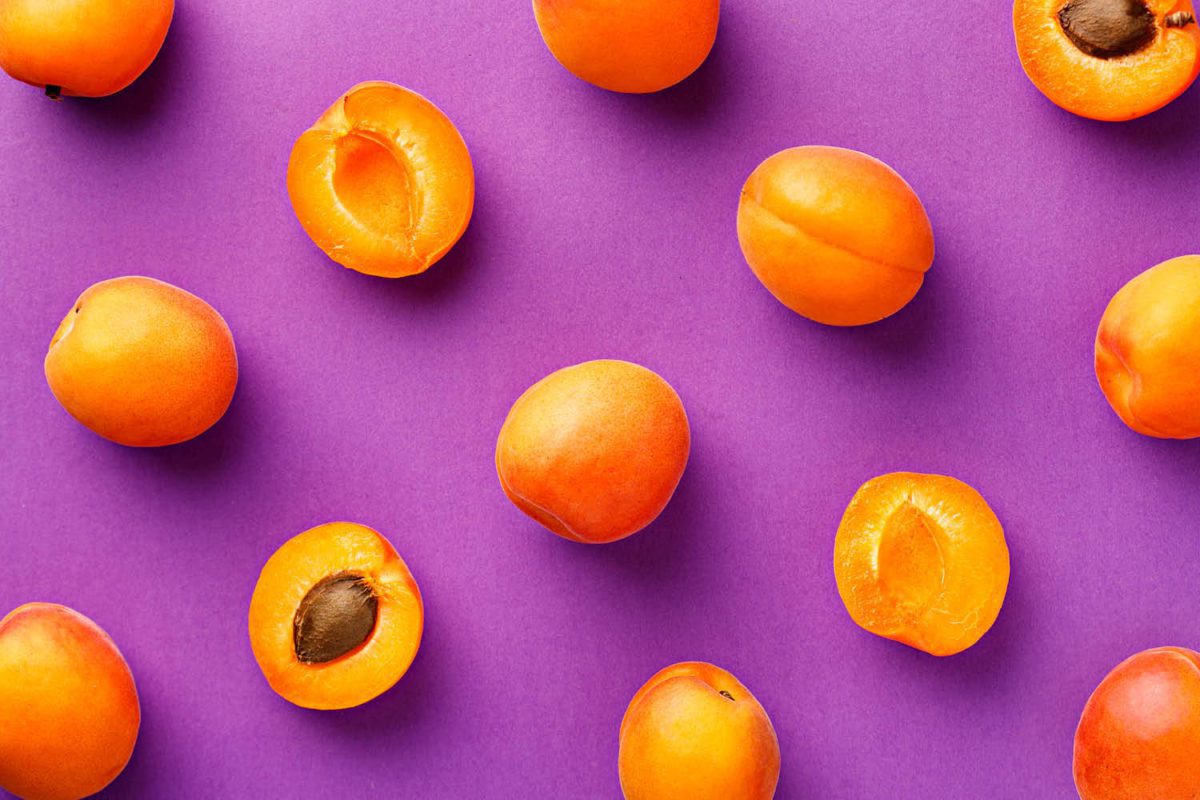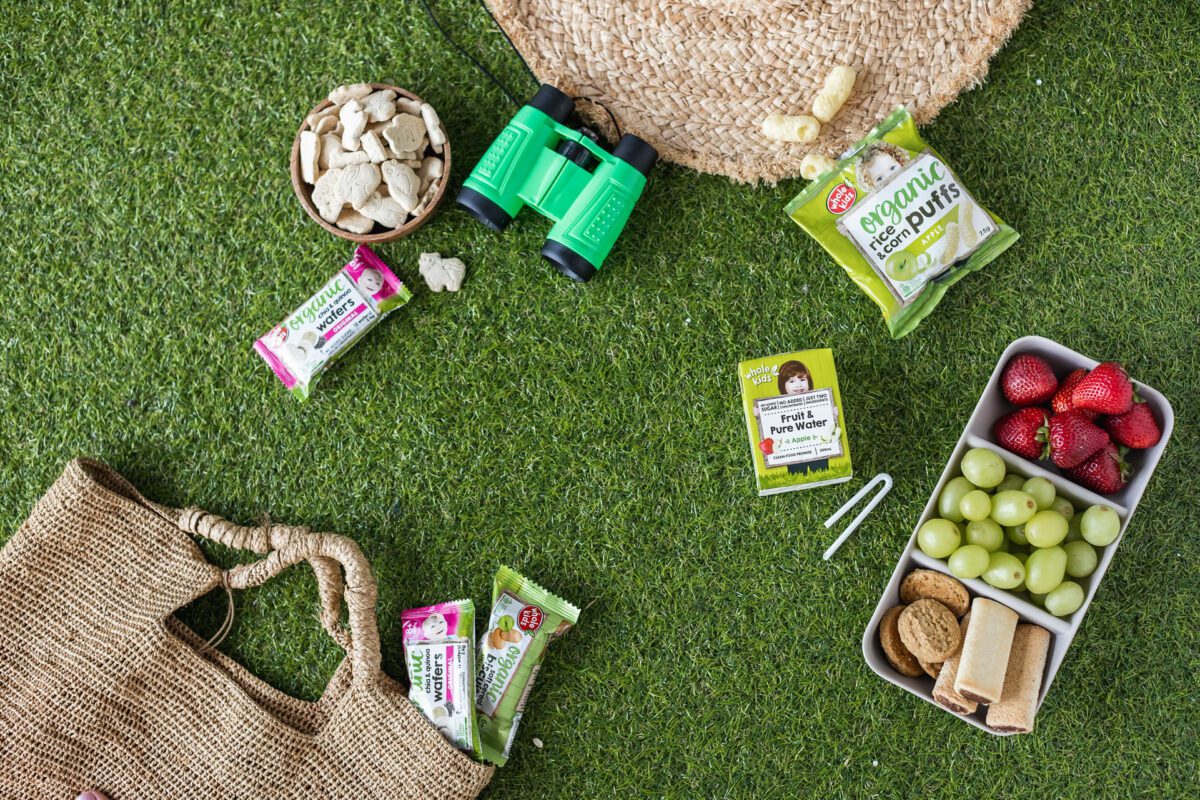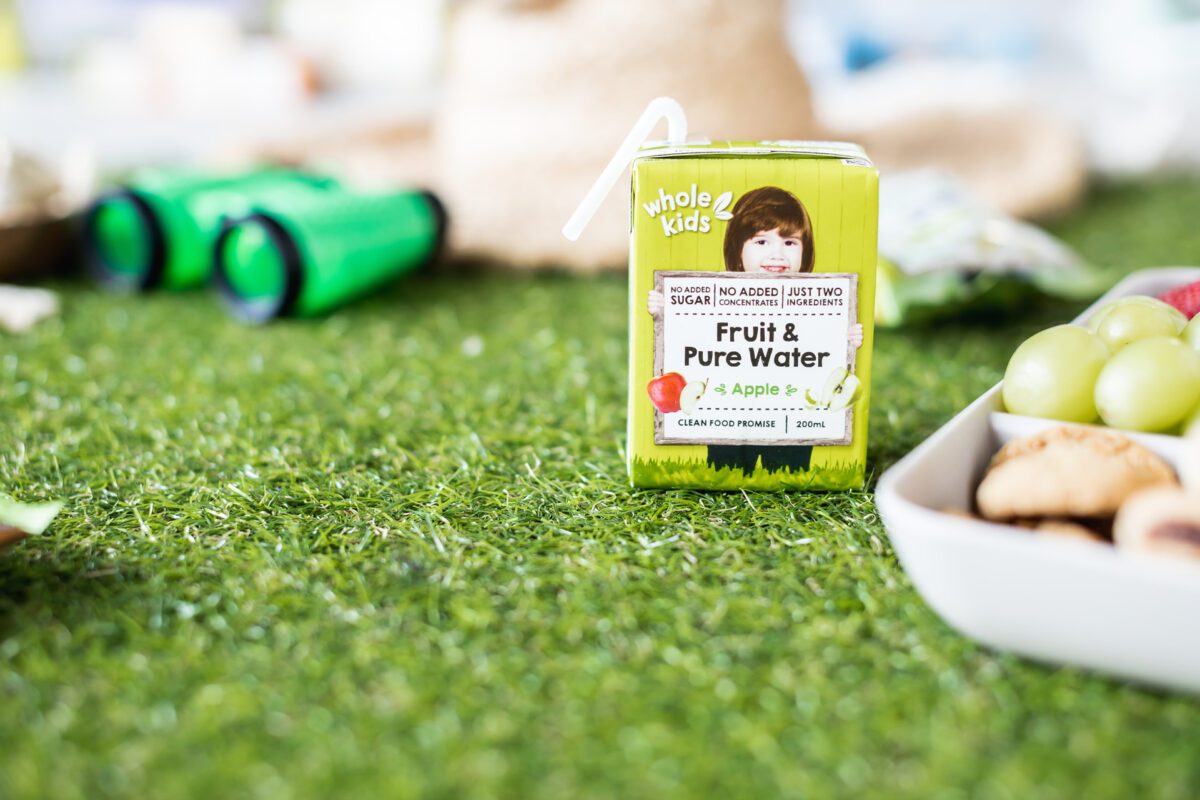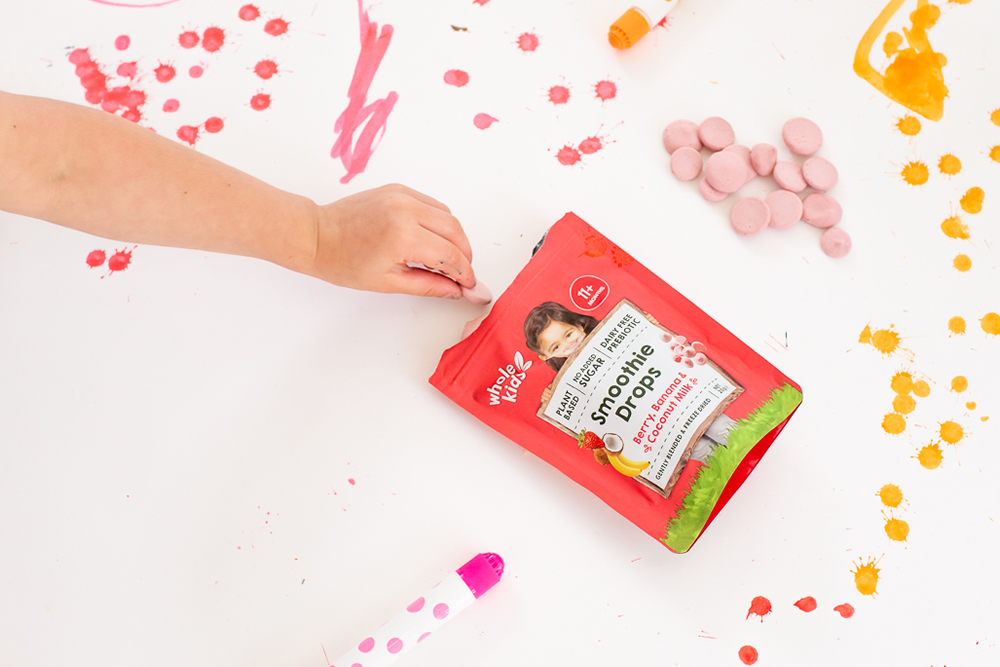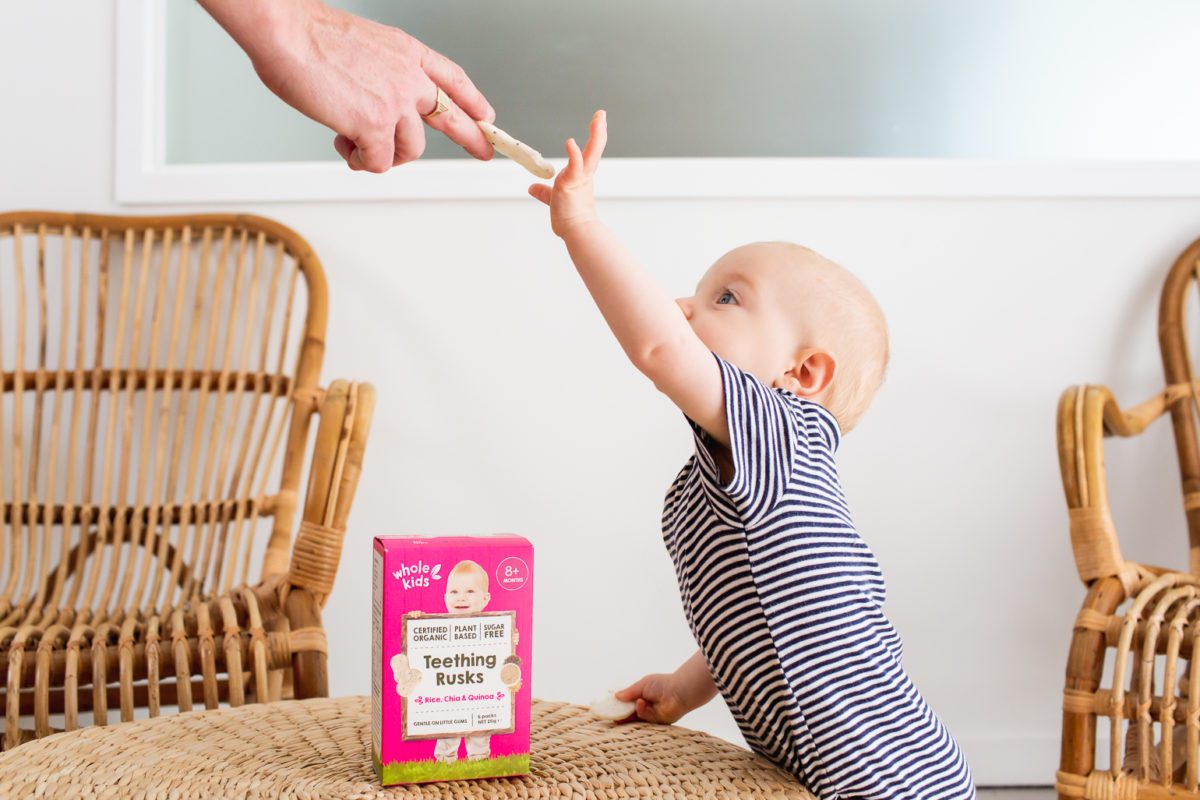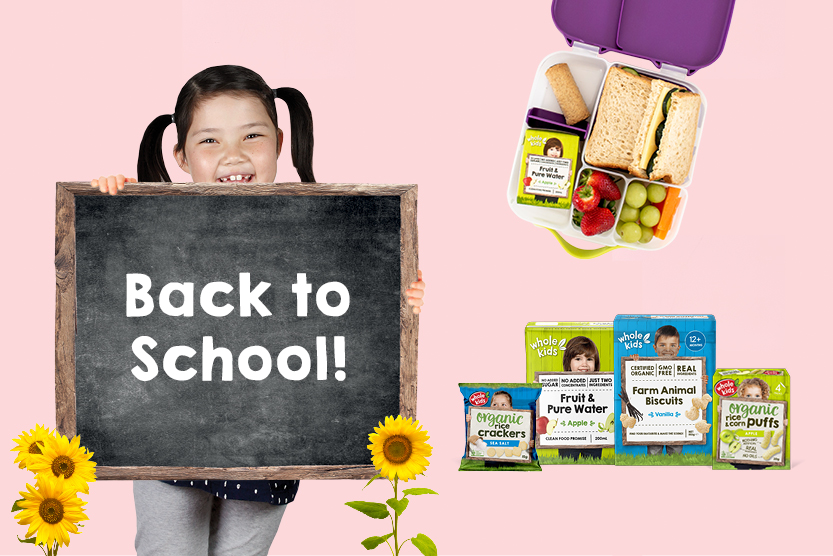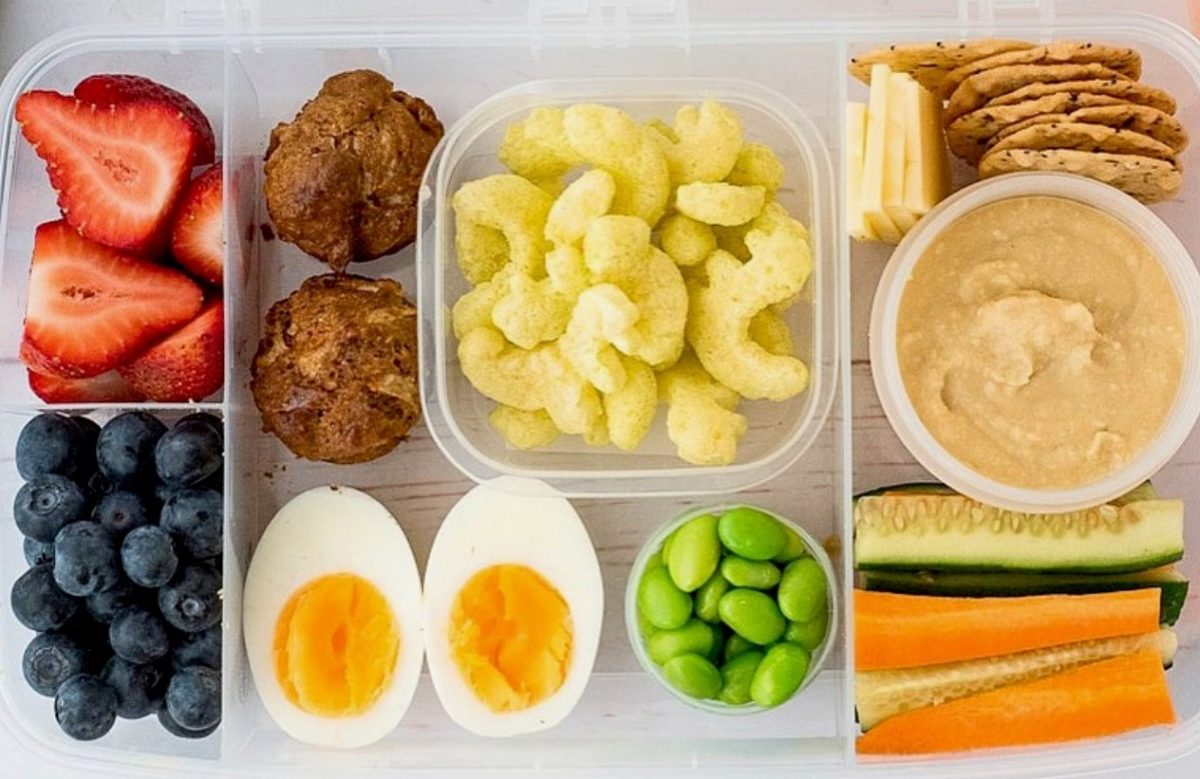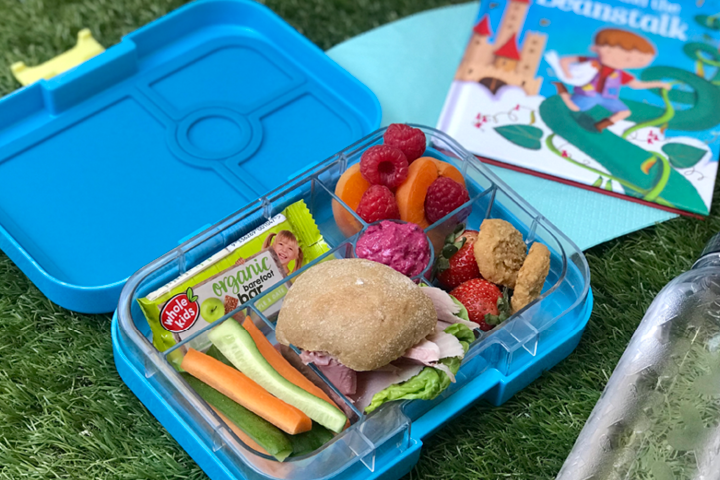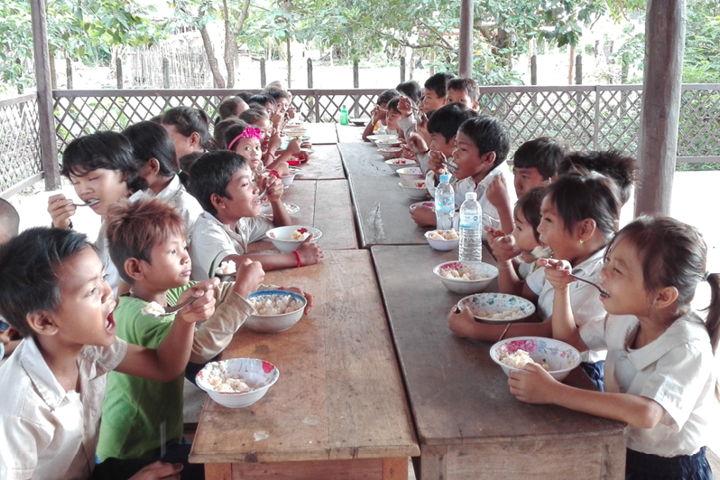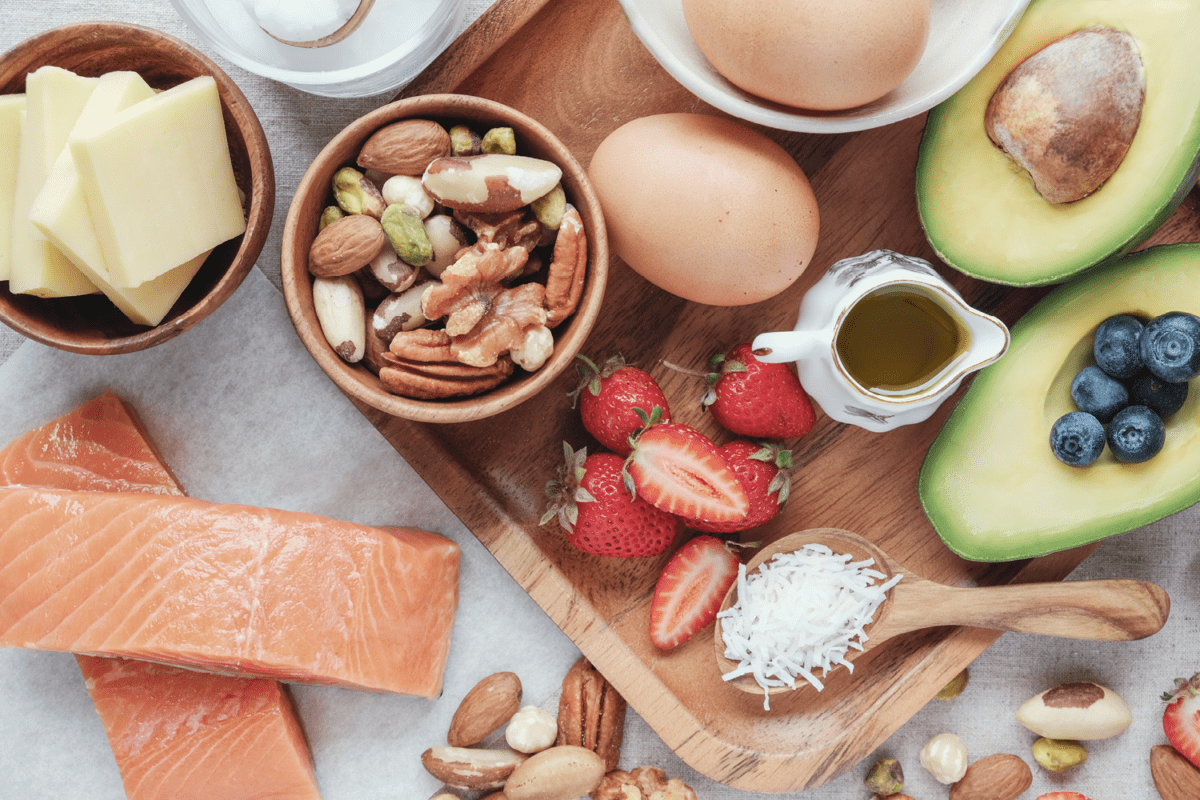Most apricots and for that matter, a lot of the dried fruit, you see for sale are bright orange or yellow, many are brighter than the colour of the original fresh fruit. This is because a lot of dried fruit has been treated with sulphur to retain the colour and act as a preservative, hence they contain sulphites. The sulphur is applied before they go through the sun drying process so that they keep their fresh colour.
But Whole Kids apricots differ somewhat as they don’t contain sulphites and this means they appear quite different, often being browner in colour than other variants. Many other organic variants will appear this way because of permitted ingredients in organic products.
What are sulphites?
Sulphites are otherwise known as sulphur dioxide, or sodium and potassium sulphites. Sulphites slow down mould and yeast growth, prevents insect damage, allows longer storage under ambient conditions and also preserves antioxidant compounds (ascorbic acid, β-carotene, and other antioxidants).
Sulphites are permissible additives under Food Standards Australia and New Zealand (FSANZ) and are also referred to as E numbers 220-228 and include the following:
220: Sulphur dioxide; 221: Sodium sulphite; 222: Sodium bisulphite; 223: Sodium metabisulphite; 224: Potassium metabisulphite; 225: Potassium sulphite; 228: Potassium bisulphate
Individuals can have an intolerance to sulphites (including sodium bisulphite (222), sodium metabisulphite (223) and potassium bisulphite (228)) which can cause allergy like reactions in those who are sensitive to them. Most common are asthma symptoms in those with underlying asthma, sometimes allergic rhinitis (hay fever) like reactions, occasionally urticaria (hives) and very rarely, anaphylaxis (severe allergic reactions). However, overall wheezing is the most common reaction.
How much should children have?
The Acceptable Daily Intake (ADI) of sulphite as recommended by WHO is 0.7mg per kg of bodyweight. This means for an average 6-year-old weighing 21 kg the ADI would be 15mg. One dried apricot, dried by traditional methods can contain up to 16mg of sulphite. Hence, for a 2-year-old, the ADI may be reached after as little as half a dried apricot. However, FSANZ has suggested that these levels should be reviewed as research indicates that they might be on the low side.
If your child is sensitive to sulphites, it is worth looking for organic variants of dried fruit – even if they do look slightly odd in colour!
Any food sensitivity should always be checked with your doctor or health professional before any diagnosis is made.
Other foods may contain sulphites
It is not just dried fruit which may contain sulphites; other foods which may contain sulphites are listed below as a point of reference.
- Drinks: Bottled soft drinks and fruit juice, cordials
- Commercial foods: Dried potatoes, gravies, sauces and fruit toppings, maraschino cherries, pickled onions, sauerkraut, pickles, maple syrup, jams, jellies, biscuits, bread, pie and pizza dough
- Salads and fruit salads
- Crustaceans
- Meats: Delicatessen meats, mincemeat, sausages
About the Author
Diana Austen works for Whole Kids as a Nutrition Advisor. With a Master’s degree in nutrition, she has over six years’ experience working with a range of companies on innovation, strategic insight and regulatory and scientific affairs. Fascinated by the nutritional requirements of infants and young children she focuses specifically on products for this age group.
